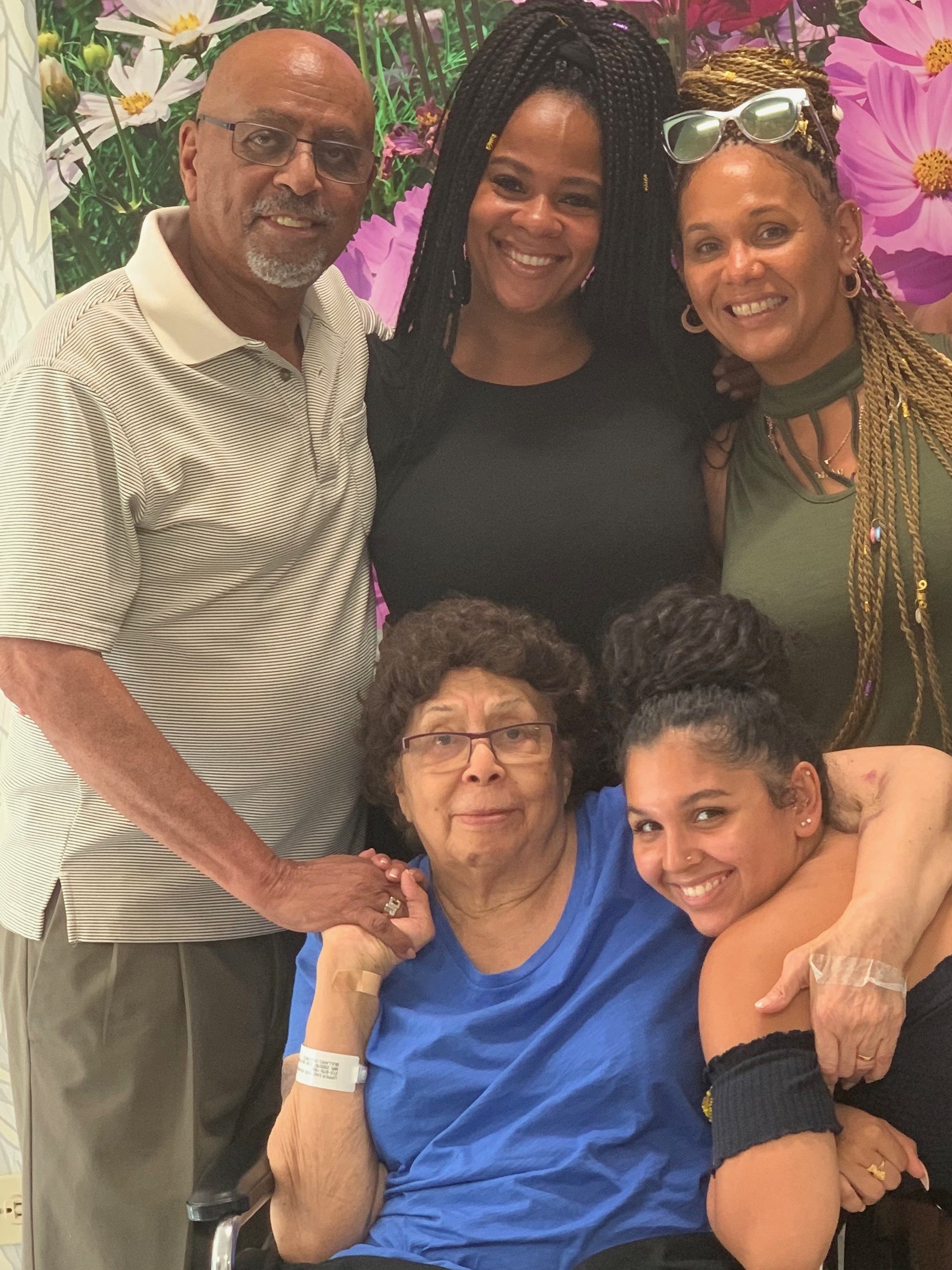


When you make a choice to travel as a wife, you may go without in order to pay the expenses needed to travel to prison, to visit, etc.

After she has a child, she has to consider who is going without. Before a woman has a child, she is going to visit her husband in prison, and she makes certain choices. Can you speak to these specific effects of incarceration on a family?Īb: What we so seldom talk about is the shift that takes place between being a prisoner’s wife and becoming a wife and mother, particularly with respect to finances. Your story is unique, but it resonates with other women (and men) who travel to visit spouses in prison. Nevertheless, your story speaks to what many families of people in prison endure: the indignity of visiting, worries about transportation to and from prison, paying for collect calls, etc.

MS: In Something Like Beautiful, one of your chapters is appropriately titled “Statistics Don’t Tell the Story, the Story Tells the Story.” You want readers to consider the role of storytelling, but you also mean that statistics-whether about single parents or people in prison-do not alone tell us very much. Again, since the focus of this issue is children of incarcerated parents, bandele and I spoke primarily about incarceration and the impact it has on children and families. In Something Like Beautiful: One Single Mother’s Story (Collins, 2009), bandele tells readers about the deportation notice that changed her life, and spends some time describing her visits to Rashid, but mostly this is a story about raising a daughter as a single parent in New York. Ultimately, Rashid was released and deported to his native Guyana, where he lives today. Though when she met him Rashid had already spent nine years in prison, bandele would “do” several more years with him as his wife and the mother of their child. In The Prisoner’s Wife: A Memoir (Pocket Books, 1999), bandele narrates her relationship with the man who would become her husband: Rashid. As a result, at a certain point during our conversation, I put aside my questions and just listened. I reread her books, reviewed interviews she had given, and located articles written so long ago that bandele herself had probably forgotten all about them! Yet I needn’t have worried bandele is thoughtful and earnest, a good listener and just as eager to provide others with the benefit of her myriad and intelligent musings. However, because I wanted to keep the focus on children of incarcerated parents, I painstakingly prepared questions ahead of time. I have long admired asha bandele’s writing, so there was much I wanted to ask her. “Every day we choose prisons, we don’t choose children or ourselves.”


 0 kommentar(er)
0 kommentar(er)
